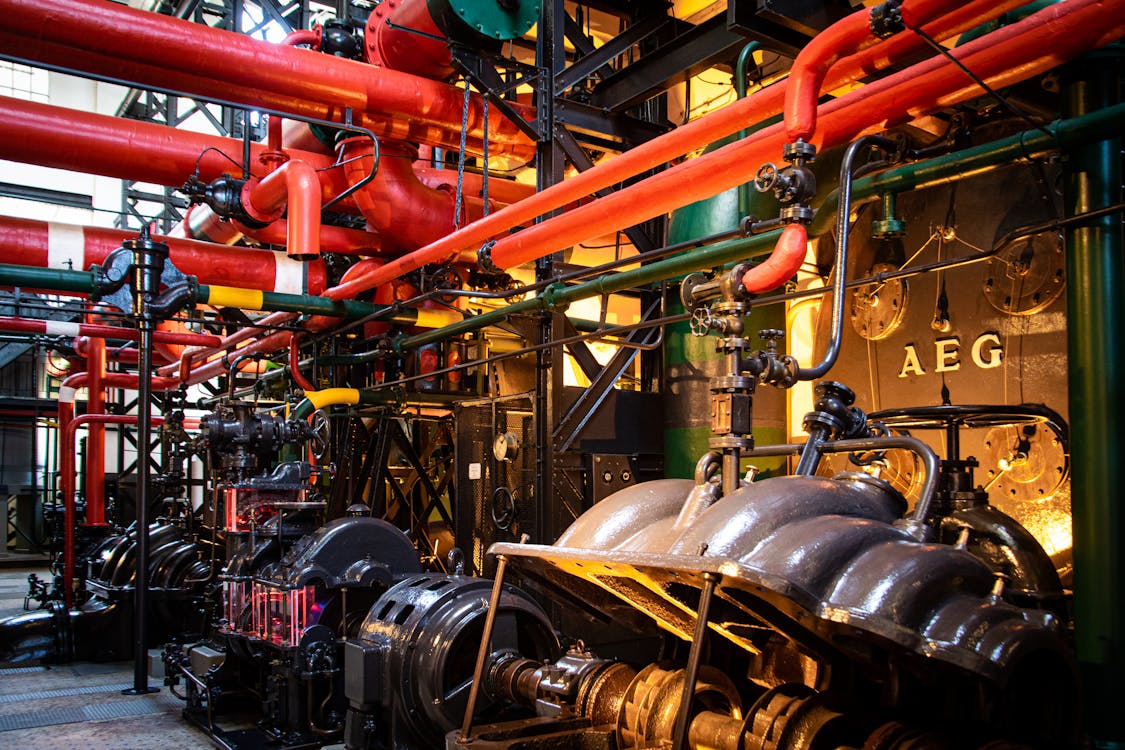Indonesia Machinery Industry
The manufacturing industry is one of the major components of the Indonesian economy. The manufacturing industry is accounted for 21% of Indonesia’s total GDP in 2019. Manufacturing industry grew by 2% in the period of 2015-2019. Food and beverage manufacture is the largest in this sector and accounted for 34% in 2019. Due to the size of the manufacturing industry, the role of supporting industries such as the provision of capital goods and machinery becomes crucial.
Figure 1. GDP from Manufacturing Industry (constant 2010 price and USD)
Source: Indonesia Central Statistics Bureau
Despite of its important role, Indonesia is still dependent on imports of capital goods and machinery. This is due to insufficient capacity of domestic the machinery and equipment industry. Based on data from Indonesia Central Statistics Bureau (BPS) in 2019, the machinery and equipment industry was 0.3% of total GDP or only 1% of the total manufacturing industry.
Figure 2. GDP from Machinery and Equipment Industry (constant 2010 price and USD)
Source: Indonesia Central Statistics Bureau
In 2019, the import value of machines and electronics reached $47 billion. During the period 2015-2019, imports of these commodities grew by 4%. China is the largest supplier with a total of $20 billion in 2019, followed by Japan with $5,7 billion.
Figure 3. Import of Machinery and Electronics
Source: ASEAN Data Stats
Due to the dependence, the import of capital goods and machinery is becoming one of the key indicators of Indonesia’s economic performance. The decrease in imports of capital goods will impact the component of Gross Fixed Capital Formation. This indicator measure how much investment in machinery and production equipment, thus indicating slower economic growth.
The government of Indonesia imposes import duties that vary between 0% to 15% and VAT of 10%. However, to encourage the development of industry and foreign investment, the government provides an exemption of VAT and import duties. Companies importing machinery for production purposes can apply for this exemption. The requirements for this exemption are regulated in Regulation of the Minister of Finance number 3 and number 10 of 2015.
Despite this exemption, the government is planning to reduce the dependence in the future. Machinery and equipment industry is one of the priorities in the National Industrial Development Master Plan 2015-2035. The government targets within 20 years, the domestic machinery industry is able to develop and domestically produce 5 types of equipment:
- Computer Numerical Control (CNC) Machine.
- Industrial Tools.
- CNC Controller.
- Flexible Machining Center.
- Automation for electronic production and food processing.
In addition, to boost the investment in this sector, the government put machinery and main components of the machinery manufacturing industry as 1 of 18 strategic sectors which have been granted tax holiday facility. The tax holiday is given in the form of Corporate Income Tax reduction ranging between 25% to 100% depends on the size of the investment.

Leave a Reply